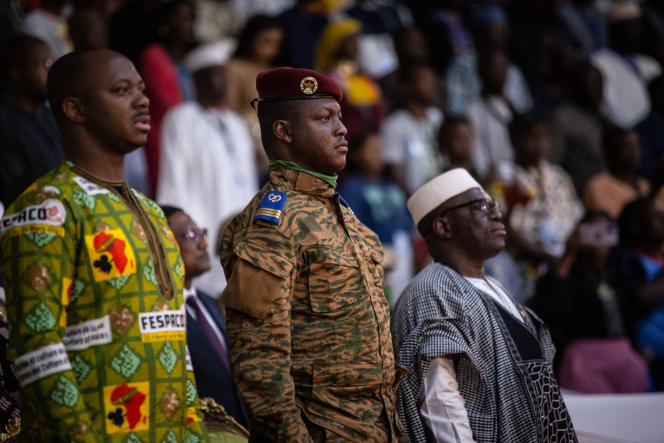
The Burkinabè government adopted on Wednesday a bill revising the Constitution and henceforth enshrining national languages as official languages in place of French which is relegated to the rank of “working language”.
The report of the Council of Ministers specifies that this bill “is part of the realization of one of the main missions of the transition which consists of initiating political, administrative and institutional reforms to strengthen the culture democratically and consolidate the rule of law.
Among the “major innovations” of this new text is “the establishment of national languages as official languages in place of French which becomes the working language”.
Earlier this year, Mali, governed like Burkina by the military and which also maintains terrible relations with France, had modified its Constitution by referendum and reserved the same fate for the French.
This bill, which must still be voted on by the Transitional Legislative Assembly, also provides for “the establishment of traditional and alternative dispute resolution mechanisms”.
The Constitutional Council sees its missions expanded while institutions are abolished such as the High Court of Justice which judges senior political figures or the Mediator of Faso.
Finally, the powerful National Intelligence Agency (ANR) sees its status reinforced by now being protected in the Constitution.
In recent months, several demonstrations for the adoption of a new Constitution have taken place in the country. Captain Ibrahim Traoré, who came to power in September 2022, had promised a partial modification of the Constitution two months ago.
“The writing of a new Constitution is a question of political, economic and cultural sovereignty. No one can truly flourish from the concepts of others,” Prime Minister Apollinaire Joachimson Kyelem of Tambela declared on Friday, alluding to texts modelled on the French constitution.
